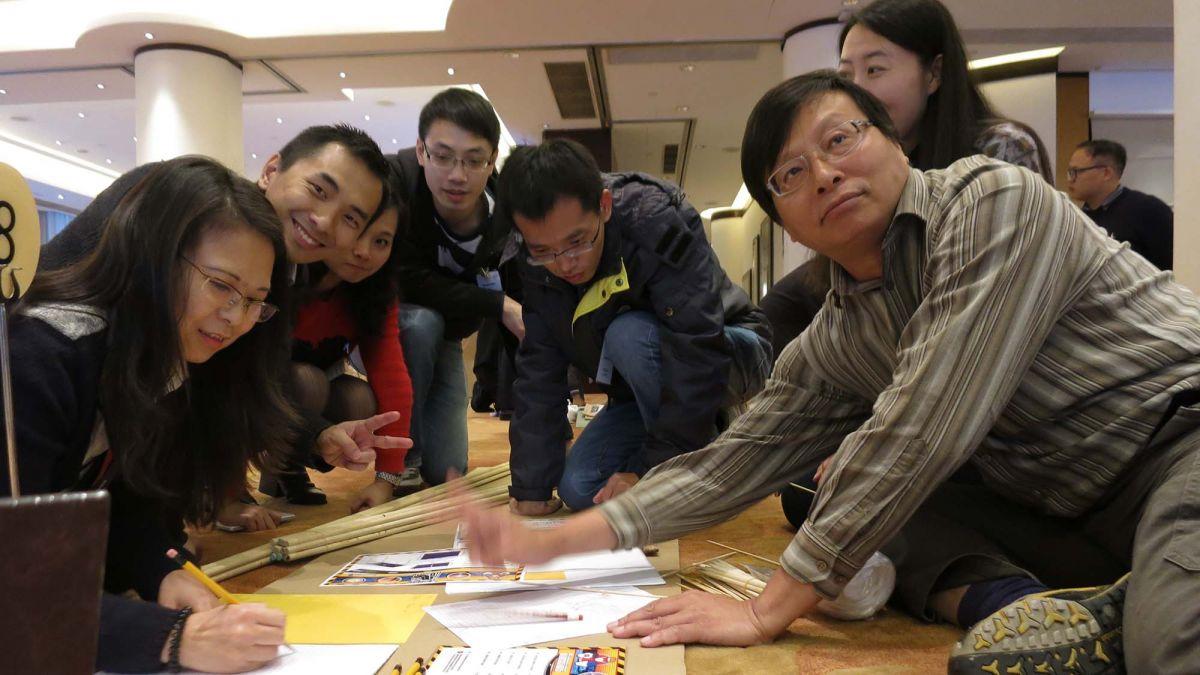So – what's happening in your company at the moment? Are there aspects of it which work and are successful; yet others, which leave you frustrated and worried?
There are so many options in the market-place for helping organisations sort out their problems – it is a confusing choice. However, in today's competitive atmosphere, there is no room for complacency as procrastination can be costly.
'Appreciative Inquiry' (AI) has burst onto the corporate scene as an exciting, innovative method for organisational sustainable change – ideal for your company- a company- like most companies- with strengths and weaknesses. Therein lies the difference between AI and other more traditional methods. AI seeks out, and builds on, the root causes of success, rather than researching the root causes of its failures and weaknesses. This positive focus provides the company with a solid base for change and modification.
An example of this approach would be if your company is experiencing high staff turnover, AI would have you investigate why long-staying loyal employees have remained, rather than the typical approach of researching reasons for employee defection. Focussing on what's going right, rather than what's going wrong.
Another example would be seeking out why an organisation's satisfied customers are happy, rather than examining the unhappy customers' complaints. AI doesn't ignore problems, but capitalises on recognising strengths to be used as the foundation for future change and innovation.
What has become evident is that the initial questions asked during an attempt at organisational change significantly impact its direction and results. Asking questions which emphasise problems and deficiencies generate resistance, blame and pessimism. However, questions which emphasise strengths and success, yield enthusiasm, hope, commitment and motivation.
Imagine experiencing all the benefits of this positive approach. Instead of the usual unintentional backlash of blame, low morale defensiveness and recalcitrant solution implementation common in traditional 'negative' methods. Companies using the positive culture of AI, find that relationships flourish, creativity is nurtured, visions are shared and employees have a high level of motivation and morale. What a relief for everyone – an organisation whose management are committed to focussing on strengths and successes!




